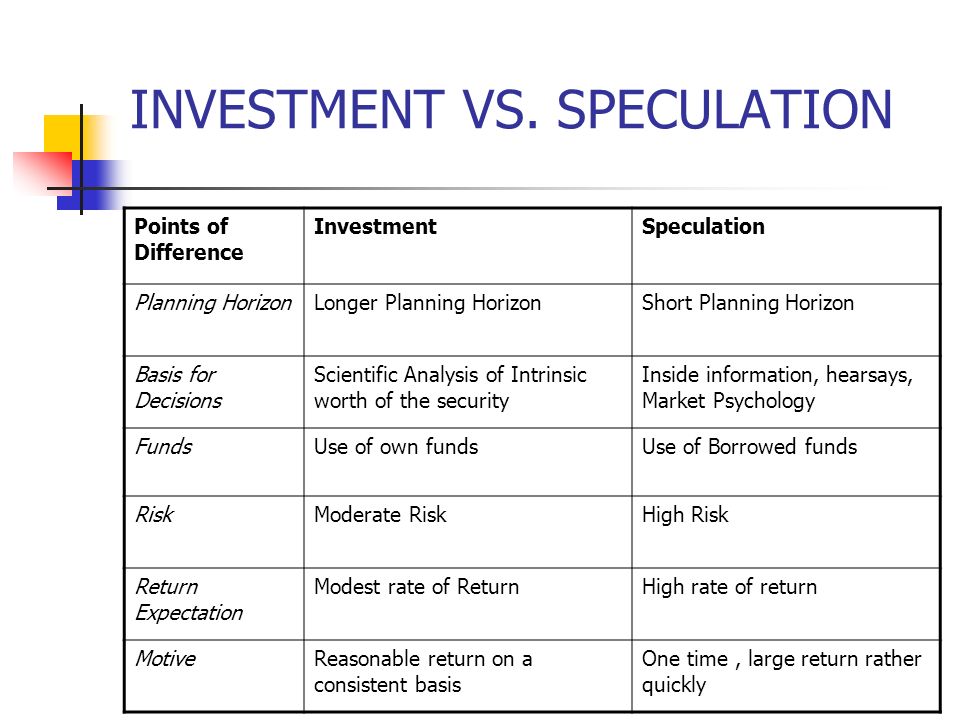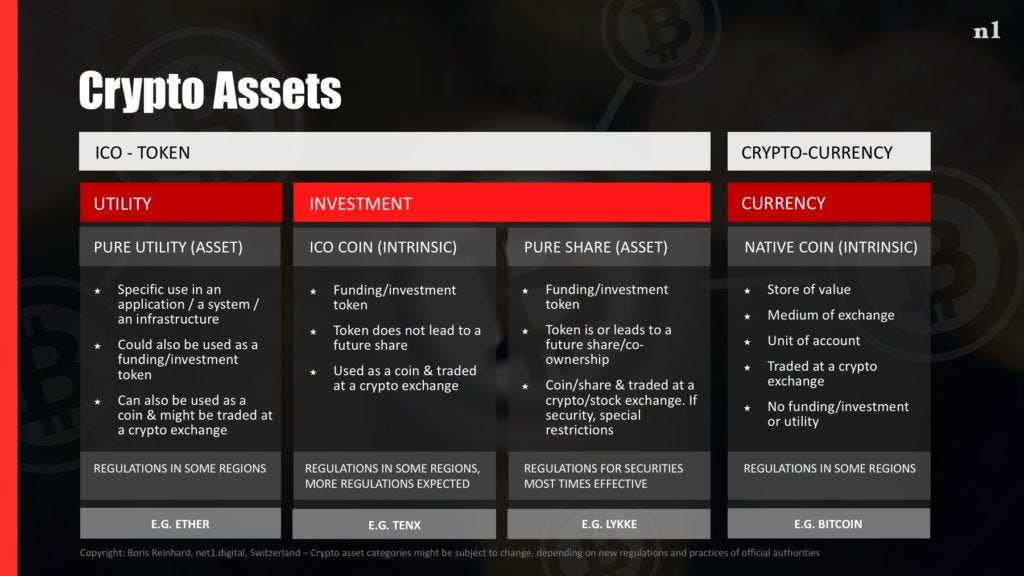
Bonds Debentures vs. Debentures have a long maturity, typically at least ten years, whereas notes have a shorter maturity. Cashless Conversion Definition and Example Cashless conversion is the direct conversion of ownership from one ownership type to another of an underlying asset without any initial cash outlay. See SEC v. Government bonds are medium or long term debt securities issued by sovereign governments or their agencies. The offers that appear in this table are from partnerships from which Investopedia receives compensation.
Investment securities are securities tradable financial assets, such as equities or fixed income instruments that are purchased in order to be held for investment. This is in contrast to securities, which are purchased by a broker-dealer or other intermediary, for quick resale i. Investment securities can be found on the balance sheet assets of many banks, carried at amortized book value defined investmemt the original cost less amortization until the present date. Banks often purchase marketable securities to hold in their portfolios; these are usually one of two main sources of revenue, along with loans. The main difference between loans and investment securities is that loans are generally acquired through a process of direct negotiation between the borrower and lender while security vs investment acquisition of investment securities is typically through a third-party broker or dealer. Investment securities at banks are subject to capital restrictions. For example, investkent number of Type II securities or securities issued by a state government is restricted to 10 percent of the bank’s overall capital and surplus.

It represents an ownership position in a publicly-traded corporation—via stock—a creditor relationship with a governmental body or a corporation—represented by owning that entity’s bond—or rights to ownership as represented by an option. Securities can be broadly categorized into two distinct types: equities and debts. However, you will also see hybrid securities that combine elements of both equities and debts. An equity security represents ownership interest held by shareholders in an entity a company, partnership or trust , realized in the form of shares of capital stock , which includes shares of both common and preferred stock. Holders of equity securities are typically not entitled to regular payments—although equity securities often do pay out dividends—but they are able to profit from capital gains when they sell the securities assuming they’ve increased in value, naturally. Equity securities do entitle the holder to some control of the company on a pro rata basis , via voting rights.
Investment securities are securities tradable financial assets, such as equities or fixed income instruments that are purchased in order to be held for investment.
This is in contrast to securities, which are purchased by a broker-dealer or other intermediary, for quick resale i. Investment securities can be found on the balance sheet assets of many banks, carried at amortized book value defined as the original cost less amortization until the present date. Banks often purchase marketable securities to hold in their portfolios; these are usually one of two main sources of revenue, along with loans.
The main difference between loans and investment securities is that loans are generally acquired through a process of direct negotiation between the borrower and lender while the acquisition of investment securities is typically through a third-party broker or dealer. Investment securities at banks are subject to capital restrictions. For example, the number of Type II securities or securities issued by a state government is restricted to 10 percent of the bank’s overall capital and surplus.
If they are investment-grade, these investment securities are often able to help banks meet their pledge requirements for government deposits. In this instance, they can be viewed as collateral.
As with all securitiesinvestment securities held by banks as collateral can take the form of equity ownership stakes in corporations or debt securities. Equity stakes can be in the form of preferred or common shares although it is critical that they provide a measure of safety in this case. High risk, high reward securities, such as IPO allocations or small gap growth companies might not be appropriate for investment securities.
Debt securities can take the common forms of secured or unsecured corporate debentures secured can be backed by company assets, such as a mortgage or company equipment. In this scenario, secured debt investment-grade would be preferred. Again, these bonds should be investment-grade. Other types of investment securities can include money-market securities for quick conversion to cash.
Mutual Fund Essentials. Investing Essentials. Fixed Income Essentials. Your Money. Personal Finance. Your Practice. Popular Courses. Login Newsletters. Investing Investing Essentials. What are Investment Securities? Key Takeaways Investment securities refer to tradable financial assets held by financial services firms. They are used to provide liquidity and profits to the firms. In addition, they help banks meet their pledge requirements for government deposits or are used as collateral. Compare Investment Accounts.
The offers that appear in this table are from partnerships from which Investopedia receives compensation. Related Terms Security Definition A security is a fungible, negotiable financial instrument that represents some type of financial value, usually in the form of a stock, bond, or option.
What Is the Money Market? The money market is the trade in short-term debt. These investments are characterized security vs investment a high degree of safety and relatively low rates of return. What are the Features and Risks of Debentures? A debenture is a type of debt instrument unsecured by collateral. These debts have the backing of only the creditworthiness and reputation of the issuer.
Governments and corporations issue debentures and these investments have positive and negative attributes. Dealer Bank Dealers banks are commercial banks, registered with the Municipal Securities Rulemaking Board, authorized to buy and sell government debt securities.
What Is an Unsecured Note? An unsecured note is a loan security vs investment is not secured by the issuer’s assets. Discover more about what that means. The Benefits and Disadvantages of Investing in Fixed-Income Securities A fixed-income security is an investment that provides a return in the form of fixed periodic interest payments and the eventual return of principal at maturity.
Partner Links. Related Articles. Investing Essentials Basic Investment Objectives. Fixed Income Essentials Debenture vs. Bond: What’s the Difference? Bonds Debentures vs. Fixed Income Essentials Preference Shares vs.
Securities may also be held security vs investment the direct registration system, which records shares of stock in book-entry form. Regulation of Securities. Secondary market shares are also always undivided. Investing Essentials Basic Investment Objectives. Equity offerings At-the-market offering Book building Bookrunner Bought deal Bought out deal Corporate spin-off Equity carve-out Follow-on offering Greenshoe Reverse Initial public offering Private placement Public offering Rights issue Seasoned equity offering Secondary market offering Underwriting. In some cases, transfer is by endorsement, or signing the back of the instrument, and delivery. Namespaces Article Talk. Mutual Fund Essentials.
Comments
Post a Comment